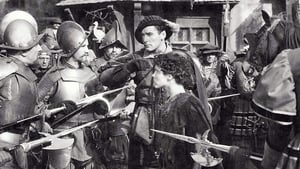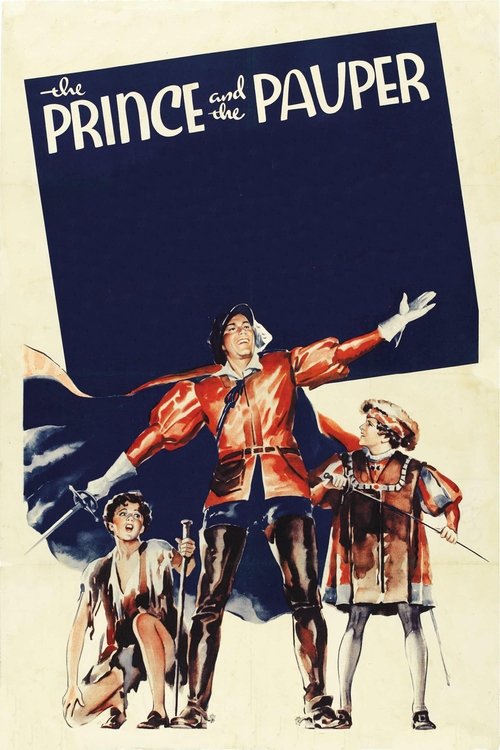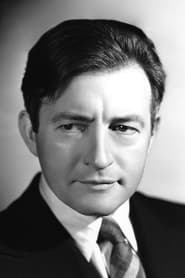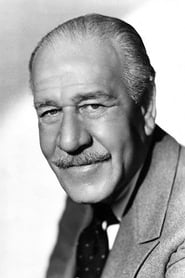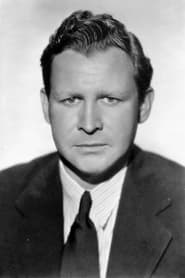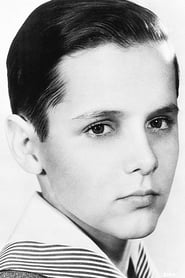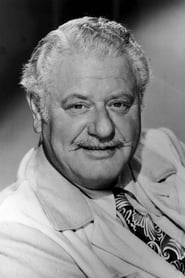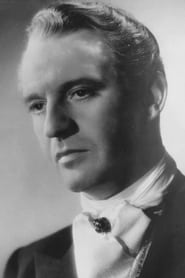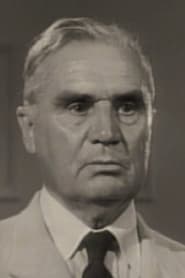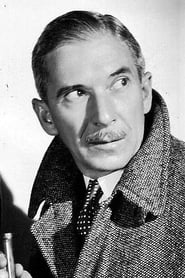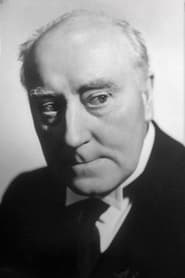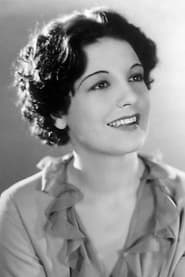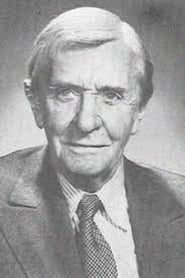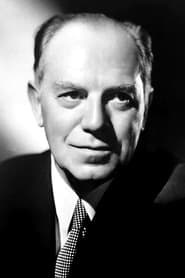Cast
View AllErrol Flynn
as Miles Hendon
Claude Rains
as Earl of Hertford
Henry Stephenson
as Duke of Norfolk
Barton MacLane
as John Canty
Billy Mauch
as Tom Canty
Robert J. Mauch
as Prince Edward
Alan Hale
as Captain of the Guard
Eric Portman
as First Lord
Lionel Pape
as Second Lord
Leonard Willey
as Third Lord
Murray Kinnell
as Hugo
Halliwell Hobbes
as Archbishop
Phyllis Barry
as Barmaid
Ivan F. Simpson
as Clemens
Montagu Love
as Henry VIII
Crew
Director
- William Keighley
Reviews
CinemaSerf
So Henry VIII finally has his beloved son - the Prince Edward whom he protects at all costs. All the walls and guards, though, don't stop the wandering urchin "Tom Canty" from getting into his apartment. The two boys chat and decide it might be a bit of fun to swap clothes as the King is throwing a fancy dress party that night. Their roles now reversed, the wrong boy now comes a cropper at the hands of his own guards and is turfed out leaving "Tom" to fill some rather luxurious britches. Despite his protestations that he's not the Prince, he isn't believed - not even by his own ailing father (Montagu Love) - a fact that the scheming Hertford (Claude Rains) plays to his full advantage when the king dies and he gets himself appointed the Lord Protector. If "Tom" thinks he's having it bad, just wait and see what the real Prince is having to deal with. Clad in rags and proclaiming his true status, everyone just thinks he's a bit bonkers. About to get a sound beating, he is saved by soldier of fortune "Miles Hendon" (Errol Flynn) who takes the boy under his wing. Initially, he's no more convinced about the tales of royalty either, but gradually he begins to believe and together they have to find a way to stop the coronation before the wrong boy is crowned and Hertford lops of the head of the Duke of Norfolk (Henry Stephenson) and rules the roost. Now, the pair have quite a few adventures and along the way the boy realises some of the iniquities of his kingdom, vowing that he will be a better king if he ever gets the chance. Will he? Flynn is on good form here but it's really the two Mauch twins - Robert is the Prince and Billy is the pauper, who steal the show. They look like they are having good fun playing their way through parts that were probably every boy's dream. Eric Portman and Alan Hale pop up now and again too and there's precisely no romance at all to clutter up the swash, buckle, duplicity and entertainment. It's one of Mark Twain's better stores, I think, and this is the best version made for the silver screen.
Jun 20, 2022
Thematic Analysis
As a dramatic work, The Prince and the Pauper examines complex human relationships and emotional struggles against the backdrop of a period setting that reflects societal issues of its time. The character development particularly stands out, offering viewers a chance to reflect on their own life journeys.
Director William Keighley brings their distinctive visual style to this film, continuing their exploration of themes seen in their previous works while adding new elements. Their approach to character development and emotional depth creates a viewing experience that rewards close attention.
Released in 1937, the film exists within a cultural context that now offers viewers historical perspective on the social issues of that era. Its reception demonstrates the diverse reactions to its artistic choices and its place in cinema history.
Did You Know?
- The production of The Prince and the Pauper took approximately 28 months from pre-production to final cut.
- The final cut of the film runs for 118 minutes, though the director's initial assembly was reportedly 167 minutes long.
- The costume department created over 486 unique costume pieces for the production.
- The director insisted on using practical effects whenever possible, reserving CGI for only the most necessary scenes.
- The cast underwent specialized training for 8 weeks before filming began.
Historical Context
- In 1937, when this film was released:
- The civil rights movement was gaining momentum in the United States.
- The Cold War was intensifying, influencing global politics and culture.
- The film industry was dominated by major studios, with independent cinema still in its early development.
How This Film Stands Out
While The Prince and the Pauper shares thematic elements with other films in its genre, it distinguishes itself through its unique approach to storytelling, visual style, and character development.
Unlike The Beach, which focuses more on action than character development, The Prince and the Pauper offers a fresh perspective through its innovative visual language and narrative structure.
While films like The 13th Warrior and Bonjour Tristesse explore similar territory, The Prince and the Pauper stands apart through its distinctive directorial vision and pacing.
This film's unique contribution to cinema lies in its bold artistic choices and willingness to challenge viewer expectations, making it a valuable addition to its genre.
Details
- Release Date: April 30, 1937
- Runtime: 1h 58m
